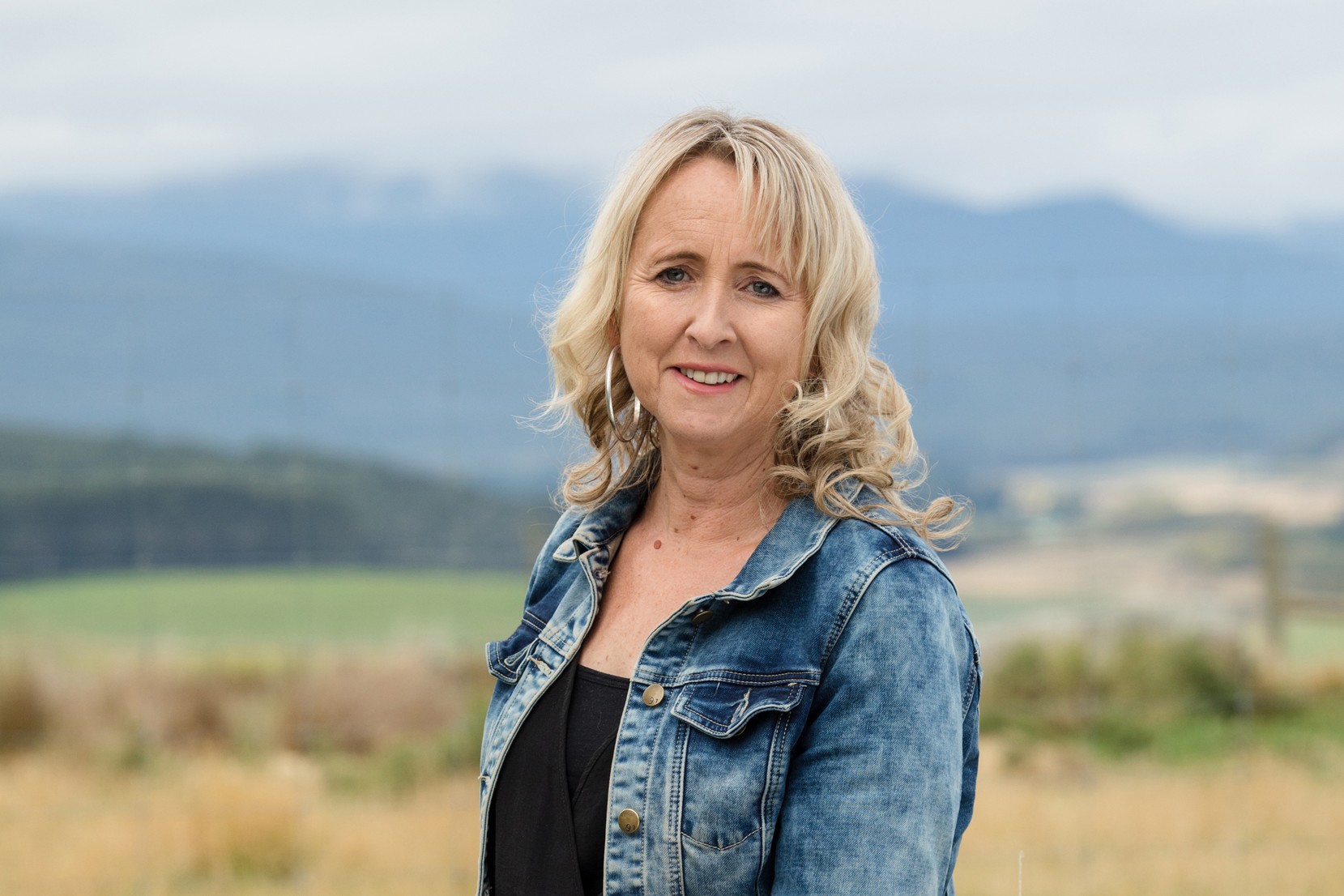Acknowledge your pain, respond with kindness
Studies show that if you are kind to yourself you’re likely to do better in life. So why do we find it so hard to show ourselves self-compassion? Words Kathryn Wright.

Remember back to your school days. Can you think of a teacher (or imagine one) that was harsh, punitive, and not encouraging at all? Chances are that you – and the rest of the class – did not thrive when being taught by this teacher. You were likely miserable and didn’t look forward to school. Now, think about a teacher that was kind, endlessly encouraging, cheered you on when you did well, and gave words of hope when you didn’t hit the mark. How did you go with this teacher? It’s more likely that you thrived with them. So why is it that we fundamentally believe that we will do better with a harsh internalised ‘teacher’? The way that we speak to ourselves matters so much.
Most people know how to be kind to others – we know how to show at least a little empathy to others. At the very least, we can try to find comforting words or gestures when someone else is struggling. Why is it then, that we find it so hard to apply this notion of kindness to ourselves? Implicitly, we know that a donkey will travel faster to the market with carrots as encouragement rather than being beaten with a stick.
Self-compassion is exactly what compassion for another person is – except it is turned around back onto yourself. Self-compassion can be the antidote to so much of our personal suffering such as shame, blame, self-loathing, loneliness, lack of comfort or connection. The one thing that we all have, no matter what happens and who is around, is ourselves – if we can learn to be a good friend to ourselves, we carry with us a portable version of a compassionate, kind friend.
A lot of studies have been done on the comparison between self-compassion and self-esteem – and it seems that self-compassion has all of the benefits of self-esteem but without any of the downsides. Self-esteem tends to be felt by us when things are going well and we receive validation from others – but what about when you are not acknowledged by others, are low or hurting or have failed to achieve something? That’s where self-compassion comes into its own.
There are many common myths about self-compassion, such as thinking that if you fail to be hard on yourself, you won’t achieve as highly. The opposite has chosen to be true in fact – if you are kind and understanding to yourself, you are more likely to do better. People also get its meaning mixed up with self-pity – wallowing in a pit of self-induced misery – which is not the case. At our core, we all want what’s best for ourselves, and if that means encouraging ourselves on, or going easier on ourselves, listening to our own needs and figuring out what’s best for you is so important.
Try this 2-minute self-compassion break by researcher Kristen Neff which embodies what self-compassion is about. It may feel strange at first because you are likely not used to projecting kindness towards yourself. This exercise combines the three building blocks of self-compassion: Kindness, mindfulness, and common humanity.
Recall a situation that you are struggling with right now. Say to yourself “this is hard” or “this is a shitty situation”, or whatever feels right for you.
Acknowledge that all people suffer on some level – this allows us to not feel so alone in our suffering – something like “all people struggle at times” or “I’m not the only one to suffer in this way”.
Say to yourself whatever it is that you need to say in this moment. It could be “I’m doing my best but it’s so hard” or “I will get another chance soon” or “it’s hard when it seems like no-one has time for me”.
Another way to think about self-compassion is to turn it around and think about how you would treat a friend in the situation you are in. Imagine that you have a good friend who is really struggling with something. Would you respond with harsh criticism and tell them to harden up, or that they deserve everything they are experiencing? Or would you let them know that you can see they are struggling, that this is hard, and that you are there for them no matter what? Most of us would respond in the latter. Now turn this back to yourself!
When you are a good friend to yourself that offers kind words that are free of harsh judgements, this concept can help to support you to face challenges in your life.
- Kathryn Wright is a rural counsellor and a member of the New Zealand Association of Counsellors. kathrynwright.co.nz




